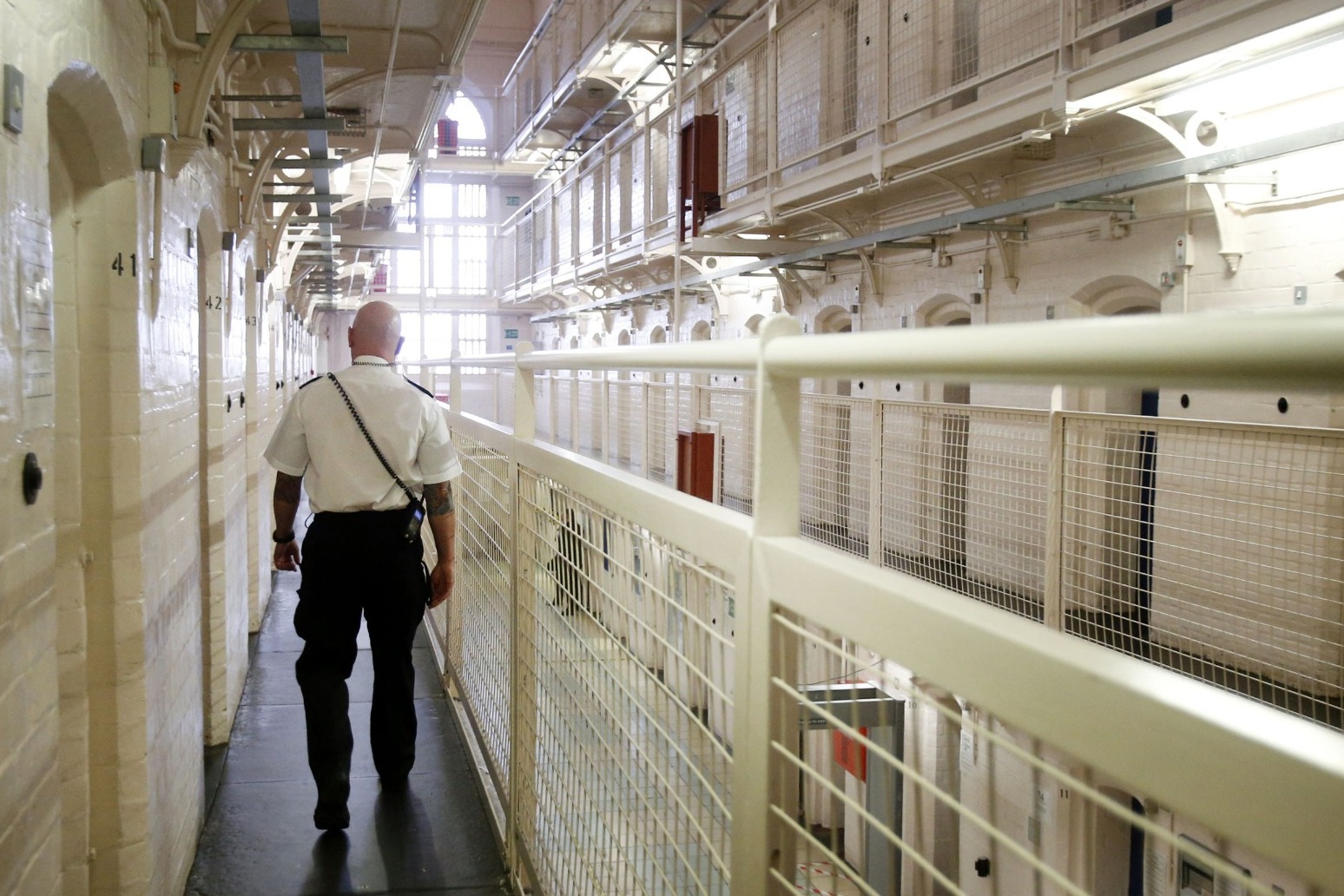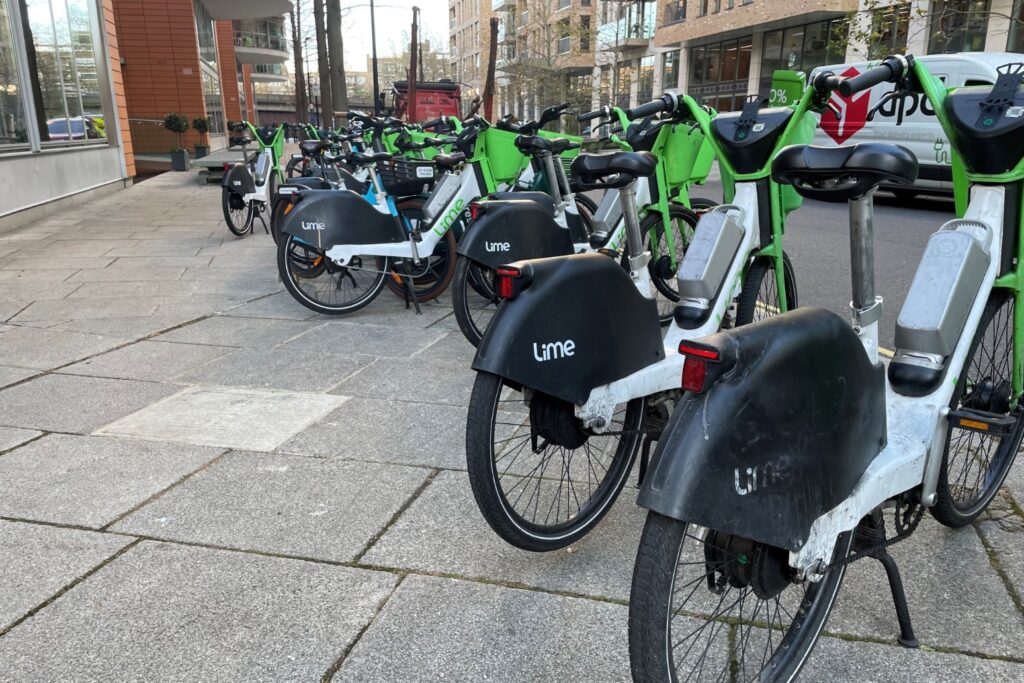This website uses cookies so that we can provide you with the best user experience possible. Cookie information is stored in your browser and performs functions such as recognising you when you return to our website and helping our team to understand which sections of the website you find most interesting and useful.
Offenders to be released early
12/07/2024

Thousands of prisoners are to be released earlier than planned as the Government attempts to avert the “collapse” of the prisons system.
Justice Secretary Shabana Mahmood warned on Friday that without immediate action to address overcrowding, prisons would run out of space within weeks leading to “a total breakdown of law and order”.
In a speech at HMP Five Wells, in Northamptonshire, she said prisons were “on the point of collapse”, with barely 700 places left in the adult male estate and jails operating at 99% capacity since the start of 2023.
Echoing language used about supporters of appeasement in the 1930s, Ms Mahmood laid the blame for the prisons crisis with the previous government.
She said: “Those responsible – Sunak and his gang in Number 10 – should go down in history as the guilty men. The guilty men who put their political careers ahead of the safety and security of our country.
“It was the most disgraceful dereliction of duty I have ever known.”
If prisons ran out of cell space, she warned, the country faced the prospect of “van-loads of dangerous people circling the country with nowhere to go”.
Ms Mahmood said: “The police would have to use their cells as a prison overflow, keeping officers off the streets. Soon, the courts would grind to a halt, unable to hold trials.
“With officers unable to act, criminals could do whatever they want, without consequence. We could see looters running amok, smashing in windows, robbing shops and setting neighbourhoods alight.
“In short, if we fail to act now, we face the collapse of the criminal justice system. And a total breakdown of law and order.”
The plans set out by Ms Mahmood would see a temporary reduction in the proportion of their sentence many prisoners must serve in jail from 50% to 40%.
This would not apply to violent offenders serving more than four years, sex offenders or those in prison for crimes connected to domestic abuse. Dangerous offenders serving extended or life sentences would also be exempted from the scheme.
Most prisoners currently serve 50% of their sentence in jail, with the remaining 50% being served on licence and under threat of being returned to prison if they break their parole conditions.
Former Conservative justice secretary Alex Chalk reportedly pressed former prime minister Rishi Sunak for a reduction to 40% before the election, but was overruled by the then-prime minister.
Former home secretary and Tory leadership hopeful Suella Braverman attacked Friday’s announcement, saying she had opposed similar schemes both inside and outside government.
In a stringent attack on her own party, she tweeted: “With 40 MPs, I tabled amendments to the Sentencing Bill to stop the early release of criminals & put public safety first.
“We managed to stop the government doing it.
“Labour is picking up Tory ideas & putting the public at risk.”
She added: “Everyone and his mother should run to be leader.
“But we’ve all got to start taking responsibility for what we did. And for the things we shamefully left undone.
“Such as not building enough prisons.”
Ms Mahmood stressed “this is an emergency measure” and “not a permanent change”.
It is expected to come into force in September, giving the Probation Service time to plan for offenders’ release to make sure victims are protected.
The aunt of Zara Aleena, who was murdered by a man who had been out of prison on licence for nine days, warned that releasing inmates early could be a “dangerous gamble with public safety” if the probation service was unable to cope.
Farah Naz told BBC Breakfast her niece was killed by “a man that was emboldened because he was not supervised, he was not assessed, he was constantly allowed to do what he wanted to do”.
The Justice Secretary also announced the recruitment of 1,000 additional trainee probation officers by March and an end to the previous government’s early release scheme, which saw 10,000 prisoners released up to 70 days early.
Ms Mahmood said there was now “only one way to avert disaster”, adding that the measures would “give us the time we need to address the prisons crisis”.
Ahead of her visits to HMP Bedford and HMP Five Wells, figures released by the Ministry of Justice showed the adult male prison population stood at 83,755 out of a “usable operational capacity” of 84,463, with some 708 spaces available.
The critical point at which prisons must start using police cells is at around 300 spaces.
Metropolitan Police Commissioner Sir Mark Rowley earlier said the Government was being forced to release prisoners early to avoid a scenario where police cells were full, which would be “really dangerous for the public”.
Law Society of England and Wales president Nick Emmerson said the Justice Secretary had acted “pragmatically and decisively” to deal with “a prisons crisis she inherited”, while Prison Reform Trust chief executive Pia Sinha said the Government had “had the good sense to listen to the advice of its officials and introduce further emergency measures”.
“It will be important to ensure that appropriate safeguards are in place so that any risks to the public are minimised. The concerns of victims who are having to wait years for justice and then see offenders released early must also be recognised. We are encouraged that the Lord Chancellor appears to be very alert to this issue.”
Pia Sinha, chief executive of the Prison Reform Trust, said: “In this moment of crisis for the prisons system, the incoming government has had the good sense to listen to the advice of its officials and introduce further emergency measures to prevent dangerous levels of overcrowding and the criminal justice system literally grinding to a halt.
“Reducing the automatic release point for prisoners serving determinate sentences is the most straightforward and comprehensive way to reduce demand to give our prisons vital breathing space.”
Campbell Robb, chief executive for social justice charity Nacro, welcomed the “urgent action that the Government is taking to address the prison crisis” and said the organisation will help “ensure people get the support they need from us on release” to “give them the best chance at a second chance”.
The Ministry of Justice is already building six new prisons to create an extra 20,000 places as demand grows for cell spaces.
About 6,000 spaces have been created already and about 10,000 will be built by the end of 2025.
Published: by Radio NewsHub



